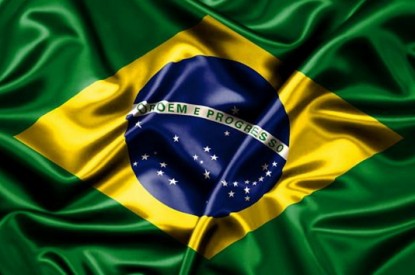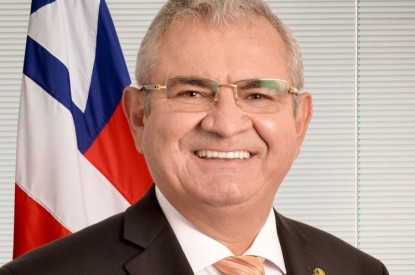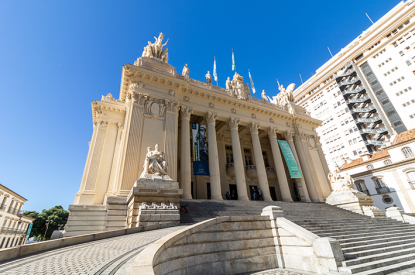Wetgeving
Brazilië – Lula bekritiseert de online gokindustrie
By James - 27 februari 2024
President Luiz Inácio Lula da Silva criticized the online gambling sector at an event held on Friday, February 23 in Rio de Janeiro. Brazil’s president made comparisons between online gambling with the so-called “jogo do bicho,” (the animal game) wat illegaal is in Brazil. Talking during a Petrobras event at the Museum of Modern Art according to the president families in Brazil now spend as much as 14% of what they earn on online gambling.
“This country is curious: the jogo do bicho is still prohibited today, but everyone plays the jogo do bicho. What is more serious, worse than the game, are the 24-hour gambling advertisements on television, digital gambling . . .” he said.
The president not only took aim at the amount of sports betting advertising on television he also said, “As companies do not pay taxes yet, they are earning a lot and paying little.”
Lula stated that online gambling has no restrictions, allowing children aged 5 to 90 years old to participate. During his speech, Lula stated wrongly that that taxes on online betting had not been approved. In fact the taxes on online gambling were approved by the President in December and the Minister of Finance is now in the process of putting in place the final regulations before online gambling goes live later this year.
Vaak omschreven als de nationale ondeugd van Brazilië, blijft de jogo do bicho (dierenspel) een diepgaande rol spelen in de Braziliaanse politiek. Opgericht in 1892 door Baron de Drummond om een dierentuin aan de rand van Rio de Janeiro te promoten, droeg elk kaartje voor de dierentuin de afbeelding van een dier.
Kaartjes waren al snel in de hele stad te koop via onofficiële bookmakers of ‘bicheiros’. De gemeentelijke overheid deed kort daarna haar eerste poging om het spel stop te zetten en het werd later verboden door de nationale overheid, maar niets van de overheid heeft het ooit kunnen stoppen. Tegenwoordig voorziet het spel naar schatting in het levensonderhoud van maar liefst 400,000 mensen.
The game is particularly popular in Rio de Janeiro where it is still controlled by criminal organisations. These illegal gambling mafias have long ties to politics, especially right wing politicians, during the military dictatorship wherein they cemented their control and expanded their network




